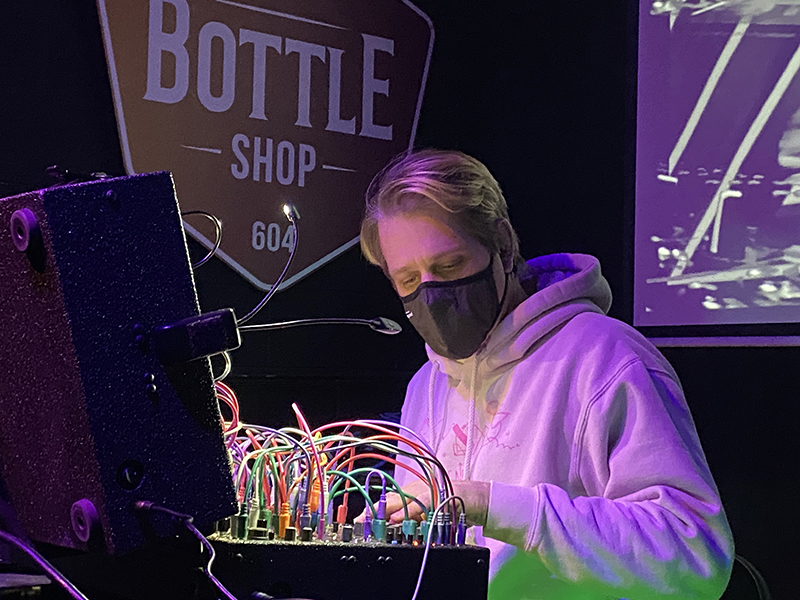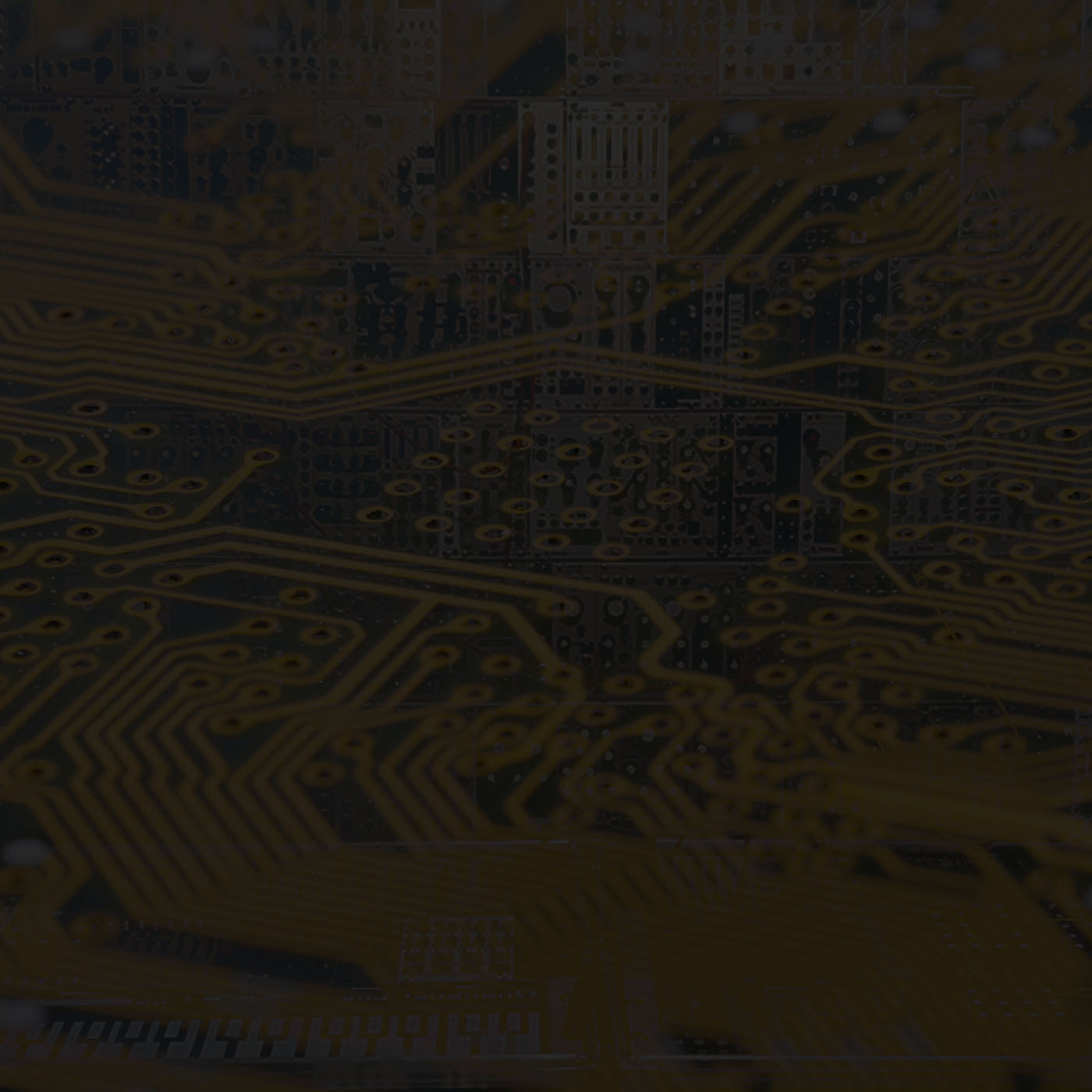
Eric Cheslak is known as ‘Rodent’, and he is sculpting soundscapes which defy categorization, in a way Post Industrial, IDMish, melodic vs. Dark cinematic but above all those labelling facilities his music is subtle, entertaining-moving, very organic.
Eric Cheslak has been playing a significant part in the modular explosion we are experiencing now, working for Make Noise + (along with Bana Haffar) put together the Modular on the Spot performance series, which takes modular people, puts them in an outdoor context (generally near the LA river) and gives them a venue to play, share and hang out. It’s a powerful thing, and something that has drawn a community together – first in LA, but now all over the world.
He’s been with us since the early days of Modulisme, gracing us with one of our first Sessions :
https://modulisme.info/session/17/
With great pleasure we welcome him back on board. ENJOY !
What have you been working on lately, and do you have any upcoming releases or performances?
I’ve had a few recent performances here in Asheville. They have been the first since the pandemic. It was great to get out and feel what it is like to play an all modular set again. It was great fun.
I work on music several times a week at home. I just had several pieces used in the latest video by Toy Machine called Scorched Earth. It’s a great skateboard company run by some good friends. It’s great to see people in that industry being open to new sounds and experimental music that breaks them away from mainstream rock and hip-hop.
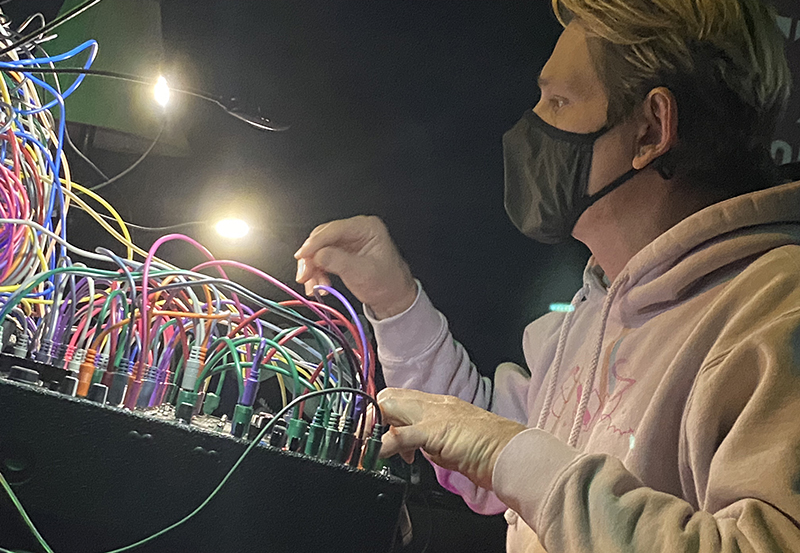
When did you buy your first system?
I started to build my modular system in the Summer of 2013.
What was your first module or system?
My first purchase of modules was Make Noise DPO, 4MS RCD, Pittsburgh IN/Outs.
DPO got me from day 1 and is still shredding.
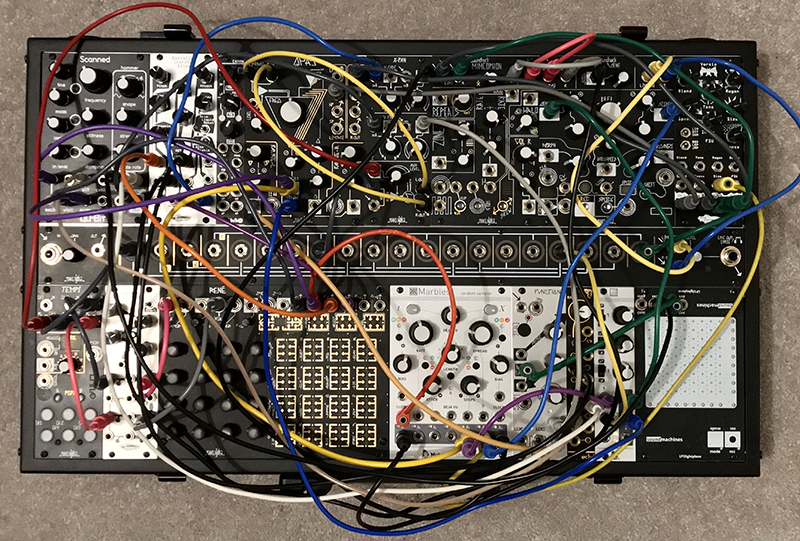
How long did it take for you to become accustomed to patching your own synthesizer together out of its component parts?
It took a few months of getting into the modular flow of patching. My system was growing almost every week so it was a challenge to learn and incorporate the new modules as I purchased them.
Instrument building may actually be quite compositional, defining your sonic palette, each new module enriching your vocabulary. Would you say that their choice and the way you build your systems can be an integral part of your compositional process? Or is this the other way round and you go after a new module because you want to be able to sound-design some of your ideas?
I’m always inspired by new sounds and effects and look for new sound sources and effects all the time. I then bring them into my process and use them in my way.
Do you prefer single-maker systems (for example, Buchla, Make Noise, Erica Synths, Roland, etc) or making your own modular synthesizer out of individual components from whatever manufacturer that matches your needs.
I believe in Frankenstein, it has been my way.
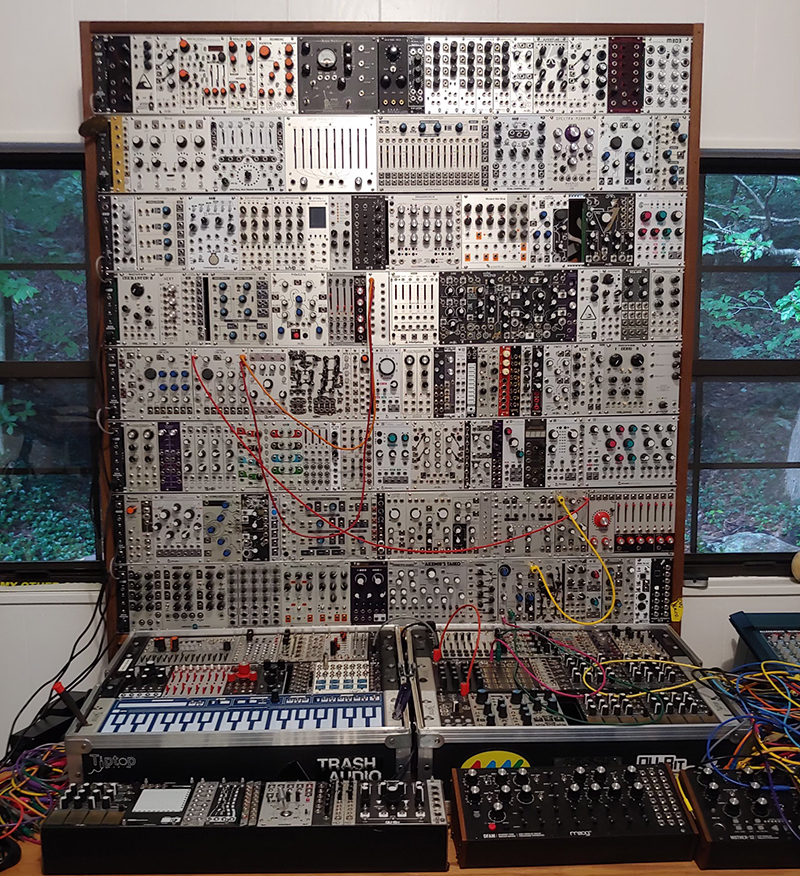
How has your system been evolving since your previous session?
There have been some new sound sources and new processing modules.
Strega has also arrived.
I borrowed a Buchla System from a close friend for some sections.
Do you tend to use pure modular systems, or do you bring in outside effects and devices when playing or recording?
I primarily use all eurorack modular.
My system encompasses all sorts of processing under voltage control so I tend to stick within it.
There are infrequent times where I reach for some older desktop or outboard gear. I do like to use some of my vintage keyed analog synths in my music from time to time as well.
My Moog Prodigy is in this session.
Would you please describe the system you used to create the music for us? What is your compositional process?
I used my Eurorack modular system. It is 33U of 208HP.
I do have some Skiffs and desktop patchable synths on the table with it that get patched into frequently.
I normally start with sequencing and modulating a sound source, I prefer sources that have several timbral controls that can be modulated. Then get that sound source into some modulated voltage-controlled effects and the stereo field.
I normally repeat this a couple of times then mix the 3 or so independent stereo chains into a stereo voltage-controlled signal chain for further processing.
There is normally a Morphagene and a reverb at the end of this processing chain for grabbing, granularization, relayering, and blurring.
I use this process quite frequently.

What do you think that can only be achieved by modular synthesis that other forms of electronic music cannot or makes it harder to do?
Ableton and Max MSP can do anything a modular system can, maybe more.
In my opinion, the modular has a fuller sound and has an inspiring and hand playable interface.
Being so hands-on is one of the things that can really get me focused and involved. I work on a computer all day, which makes it difficult to come home and work on one there too.
What would be the system you are dreaming of?
I pretty much have it and am always in the process of refining it.
I’m starting to see my modular system as more of a collection.
Some modules get rotated in and out and some are mainstays.
